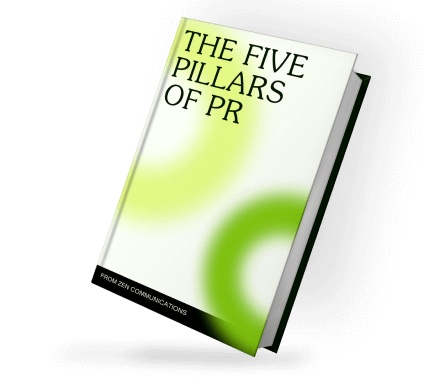Free e-book download click to download the first two chapters of ‘The Five Pillars of PR’
As the election coverage continues and we woefully accept our political fate for the next few years, at Zen we’ve been debating how much Facebook played a part in the 2017 election campaign.
If you’re an avid Facebook user – and an astounding 32 million of us in the UK are – you might be mildly frustrated with the amount of election campaigning clogging up your news feed recently. But the ability to comment and share information about political parties via the network has led like-minded users to openly discuss their politics or debate issues online in a way they would never in the street.
Facebook is known to have played a key part in favour of the ‘Vote Leave’ campaign during the EU Referendum and was responsible for swaying the vote for Donald Trump in the 2016 US Presidential Elections.
In fact, it’s well known that you can micro target voters on the social networking site, by sending a message to a certain gender, age range or a specific profession.
And research has shown that Facebook matches advertisers with potential customers, based on information that users share on the social network. The site says it can do this with unparalleled accuracy, giving a deep understanding of the likes and dislikes of large numbers of the UK population.
But while up to a quarter of the world’s inhabitants now use Facebook regularly to stay in touch with family and friends, the vast majority are completely unaware of the importance it’s political influence is having on us all.
It’s estimated that both Labour and the Conservatives will have spent approximately £1m each on Facebook ads this year. A new project called ‘Who Targets Me’ that was set up to examine advertising data on Facebook, has revealed some of the different tactics which have been used by the two parties. One example of this has shown that while the Conservative adverts tend to highlight Jeremy Corbyn, by contrast very few of the Labour ads featured the opposition party leader.
The project has also revealed that within hours of the Conservative Party receiving criticism for its proposed changes to social care, adverts appeared on Facebook about setting the record straight, following the focus on alteration to taxes.
So what’s the moral of all this, well, the UK’s Information Commissioner (ICO) Elizabeth Denham, has announced the ICO is looking into the political use of private data, as voting tools can have a ‘significant potential impact on individuals’.
And researcher Frederike Kaltheuner, from the Privacy International Digital Rights Group, says that what we are not prepared for when we sign up to Facebook, is the site being able to use our feelings or state of mind.
There is wide concern that using Facebook to target voters allows political parties to skirt the rules that were originally designed for the ‘older world’ of newspapers, leaflets and hoardings. And there are calls for the Electoral Commission to tighten up its rulebook over governing campaigns.
What we know for now, is that regulating Facebook seems like an impossible task and whether we like it or not the site knows more about you than you probably ever realised. For the majority of us, our data is already out there ready for political campaigners to target.


Free Download